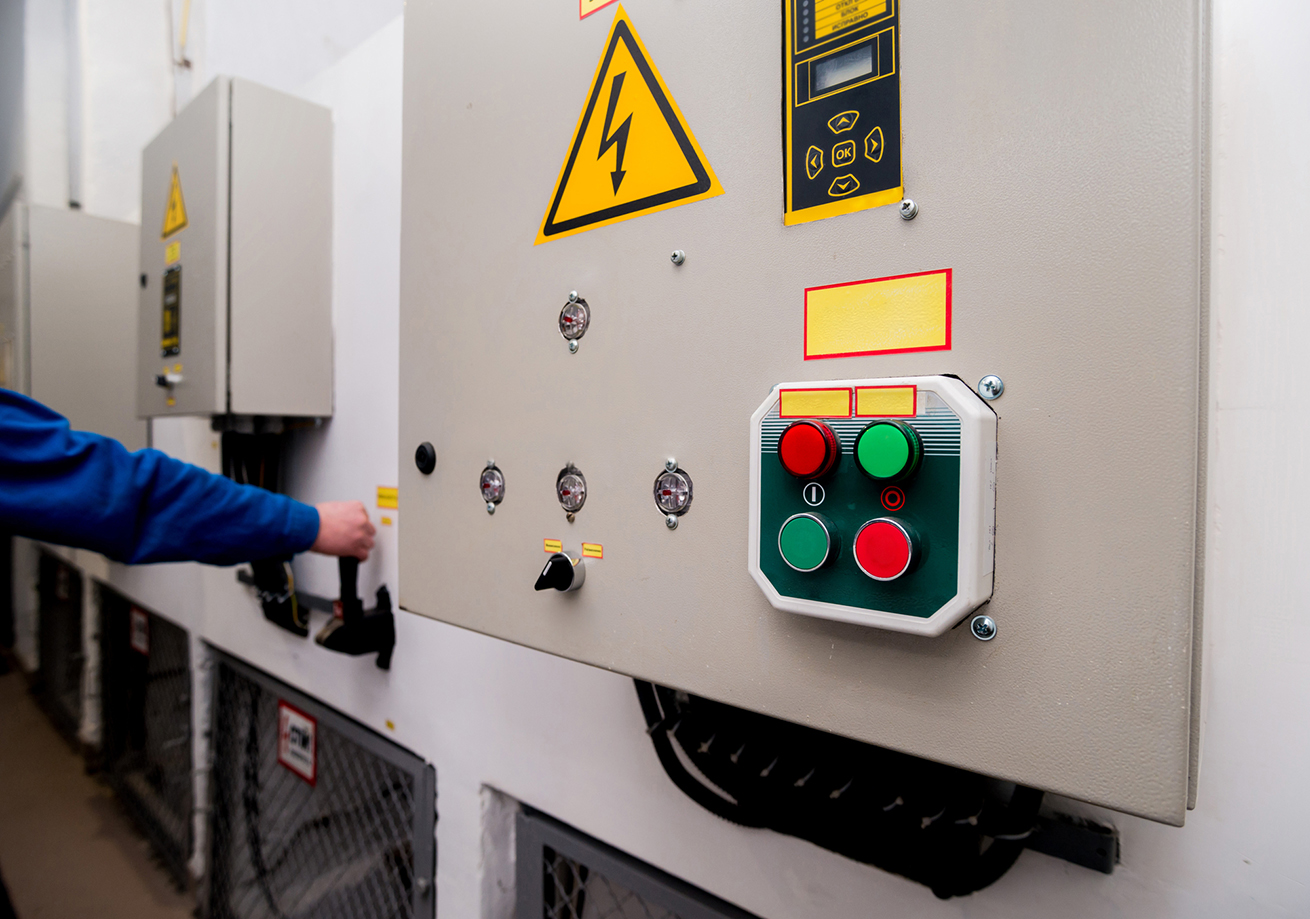What Does Roar Solutions Mean?
What Does Roar Solutions Mean?
Blog Article
The smart Trick of Roar Solutions That Nobody is Discussing
Table of ContentsRoar Solutions Things To Know Before You Get ThisThings about Roar SolutionsThe Basic Principles Of Roar Solutions
In order to safeguard installations from a possible surge a technique of analysing and classifying a possibly harmful area is required. The objective of this is to guarantee the correct option and setup of tools to inevitably stop an explosion and to make certain security of life.
(https://pinshape.com/users/7197164-roarsolutions#prints-tab-open)
No tools should be installed where the surface temperature level of the tools is greater than the ignition temperature level of the provided danger. Below are some typical dirt dangerous and their minimal ignition temperature. Coal Dirt 380C 225C Polythene 420C (thaws) Methyl Cellulose 420C 320C Starch 460C 435C Flour 490C 340C Sugar 490C 460C Grain Dirt 510C 300C Phenolic Resin 530C > 450C Aluminium 590C > 450C PVC 700C > 450C Residue 810C 570C The likelihood of the risk existing in a concentration high sufficient to trigger an ignition will vary from location to place.
In order to identify this threat an installment is separated right into locations of threat relying on the quantity of time the harmful is existing. These locations are described as Zones. For gases and vapours and dusts and fibres there are 3 zones. Zone 0 Area 20 A hazardous environment is extremely likely to be existing and might exist for extended periods of time (> 1000 hours per year) or even continually Area 1 Area 21 A harmful environment is possible but unlikely to be existing for extended periods of time (> 10 450 C [842 F] A classification of T6 suggests the minimal ignition temperature level is > 85 C [185 F] Dangerous area electric devices perhaps designed for usage in greater ambient temperatures. This would certainly indicated on the rating plate e.g. EExe II C T3 Ta + 60C( This indicates at 60C ambient T3 will not be gone beyond) T1 T1, T2, T3, T4, T5, T6 T2 T2, T3, T4, T5, T6 T3 T3, T4, T5, T6 T4 T4, T5, T6 T5 T5, T6 T6 T6 A T Class rating of T1 means the optimum surface area temperature produced by the instrument at 40 C is 450 C. Presuming the associated T Class and Temperature level score for the equipment are appropriate for the location, you can always make use of a tool with a more stringent Department ranking than needed for the area. There isn't a clear answer to this inquiry. It really does rely on the kind of tools and what repair services need to be performed. Equipment with certain test procedures that can not be performed in the field in order to achieve/maintain 3rd party score. Need to come back to the factory if it is before the tools's service. Field Fixing By Authorised Personnel: Complicated testing might not be called for however certain treatments may need to be followed in order for the equipment to keep its 3rd party rating. Authorized employees must be employed to do the job appropriately Repair should be a like for like substitute. New element need to be considered as a direct replacement requiring no special testing of the tools after the repair work is total. Each item of equipment view it now with a hazardous rating ought to be evaluated separately. These are detailed at a high level below, however, for more comprehensive information, please refer directly to the guidelines.
Getting The Roar Solutions To Work
The devices register is a comprehensive database of equipment documents that consists of a minimum set of fields to recognize each product's location, technical criteria, Ex lover classification, age, and environmental information. The ratio of Thorough to Close evaluations will be figured out by the Devices Danger, which is analyzed based on ignition threat (the likelihood of a source of ignition versus the chance of a combustible environment )and the hazardous area classification
( Zone 0Area 1, or 2). Executing a robust Risk-Based Inspection( RBI )approach is vital for making certain conformity and security in managing Electric Devices in Hazardous Locations( EEHA).
Roar Solutions Can Be Fun For Everyone

In terms of eruptive danger, a harmful location is an atmosphere in which an explosive ambience is existing (or may be anticipated to be existing) in quantities that need special preventative measures for the building and construction, installation and use tools. Roar Solutions. In this write-up we discover the obstacles dealt with in the workplace, the threat control steps, and the needed competencies to function safely
It is a consequence of modern-day life that we manufacture, save or manage a series of gases or fluids that are deemed combustible, and a variety of dusts that are regarded combustible. These materials can, in certain problems, develop explosive environments and these can have significant and tragic consequences. The majority of us recognize with the fire triangle get rid of any type of among the three components and the fire can not occur, yet what does this mean in the context of dangerous locations? When breaking this down into its most basic terms it is basically: a mix of a particular amount of launch or leakage of a certain compound or product, blending with ambient oxygen, and the existence of a resource of ignition.
In most circumstances, we can do little regarding the levels of oxygen in the air, however we can have considerable impact on resources of ignition, for instance electric tools. Unsafe locations are recorded on the hazardous location category illustration and are identified on-site by the triangular "EX" indication. Right here, amongst various other crucial details, areas are split into three types depending upon the danger, the chance and period that an eruptive environment will certainly exist; Zone 0 or 20 is deemed the most dangerous and Zone 2 or 22 is regarded the least.
Report this page